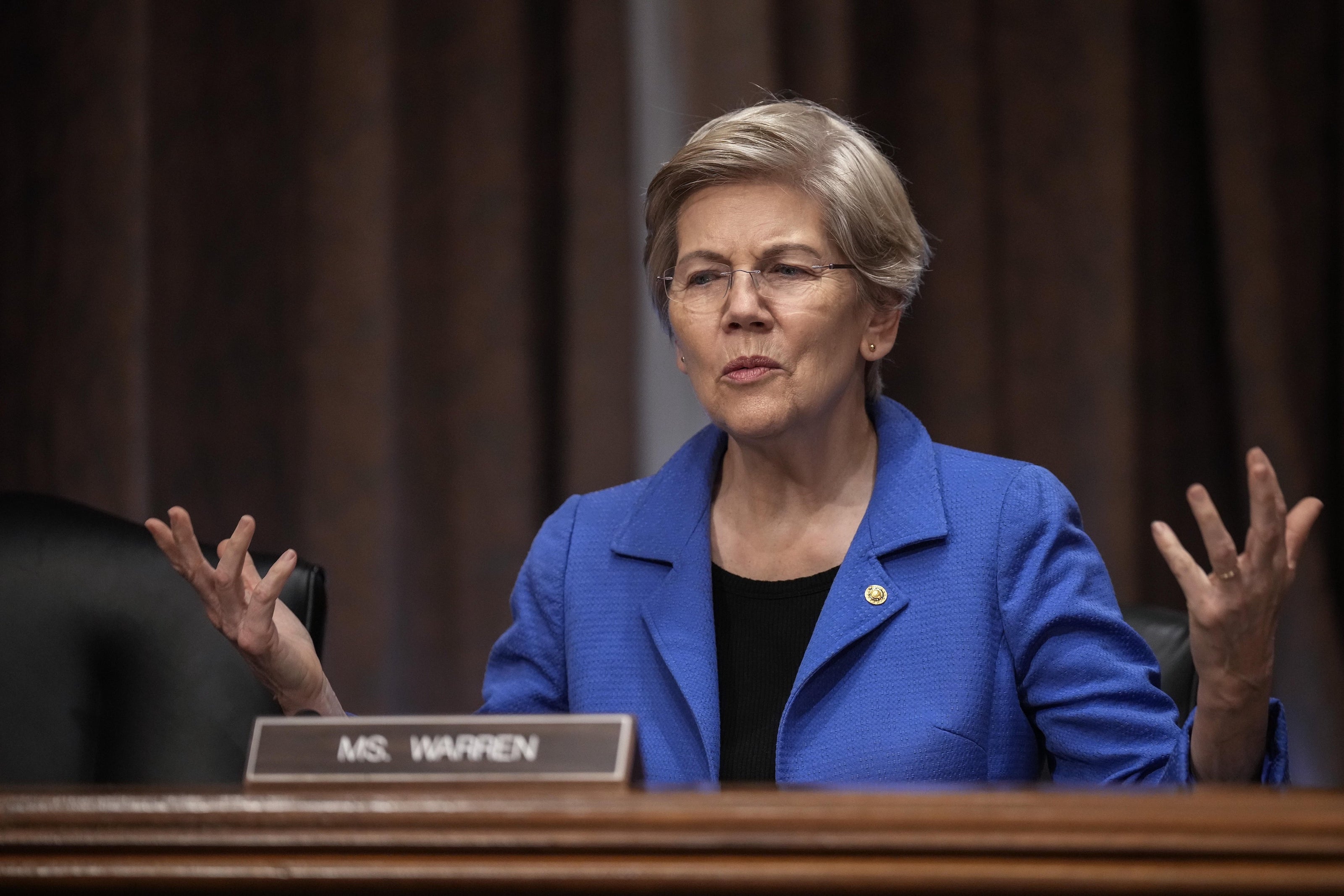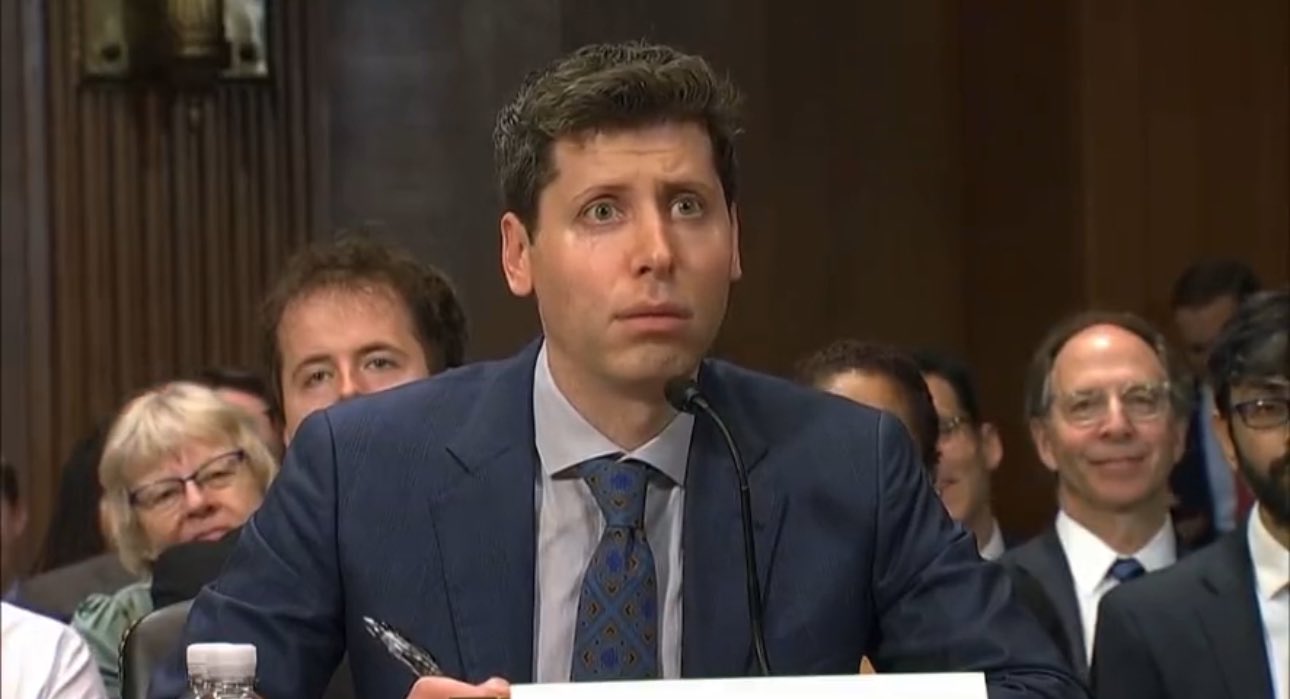Senator Elizabeth Warren (Democrat from Massachusetts), has voiced concerns about the role of cryptocurrency in schemes targeting older investors. During a recent Senate hearing, she criticized the anonymity that cryptocurrencies provide, highlighting their use in scams. Steve Weisman, a senior lecturer at Bentley University, explained that crypto mixers, which blend accounts to make them challenging to trace, contribute to this anonymity.
Weisman cited the ransomware attack on Colonial Pipeline, where the government traced accounts until funds entered mixers, complicating the tracking process. While acknowledging legitimate privacy concerns, he emphasized the greater issue with scammers exploiting the technology. Senator Warren introduced the Digital Asset Anti-Money Laundering Act, aiming to facilitate regulatory tracking of suspicious crypto activity and combat scams.
Expressing frustration with crypto-related crimes, Warren emphasized the urgent need for regulation. However, her bill has faced pushback. A Wall Street Journal report linked crypto to financing by groups like Hamas, prompting criticism from the industry. Crypto researchers, including Elliptic, argued misrepresentation of figures in the report. The industry contested Warren’s bill, deeming it “arbitrary and ill-defined.”
Yaya Fanusie, from the Crypto Council for Innovation, criticized the bill’s application of traditional financial rules to decentralized finance (DeFi). Additionally, a coalition of industry professionals with military and national security backgrounds wrote to lawmakers, expressing concern about the bill’s potential impact on U.S. national security. They questioned the legislative response, particularly in light of what they considered exaggerated reporting on Hamas’s crypto use.
As the debate continues, industry stakeholders plan to visit Washington on November 28 to address lawmakers’ questions. The clash between regulatory efforts and the crypto industry’s concerns underscores the complex landscape of cryptocurrency legislation and its implications for privacy, security, and the fight against illicit finance.











